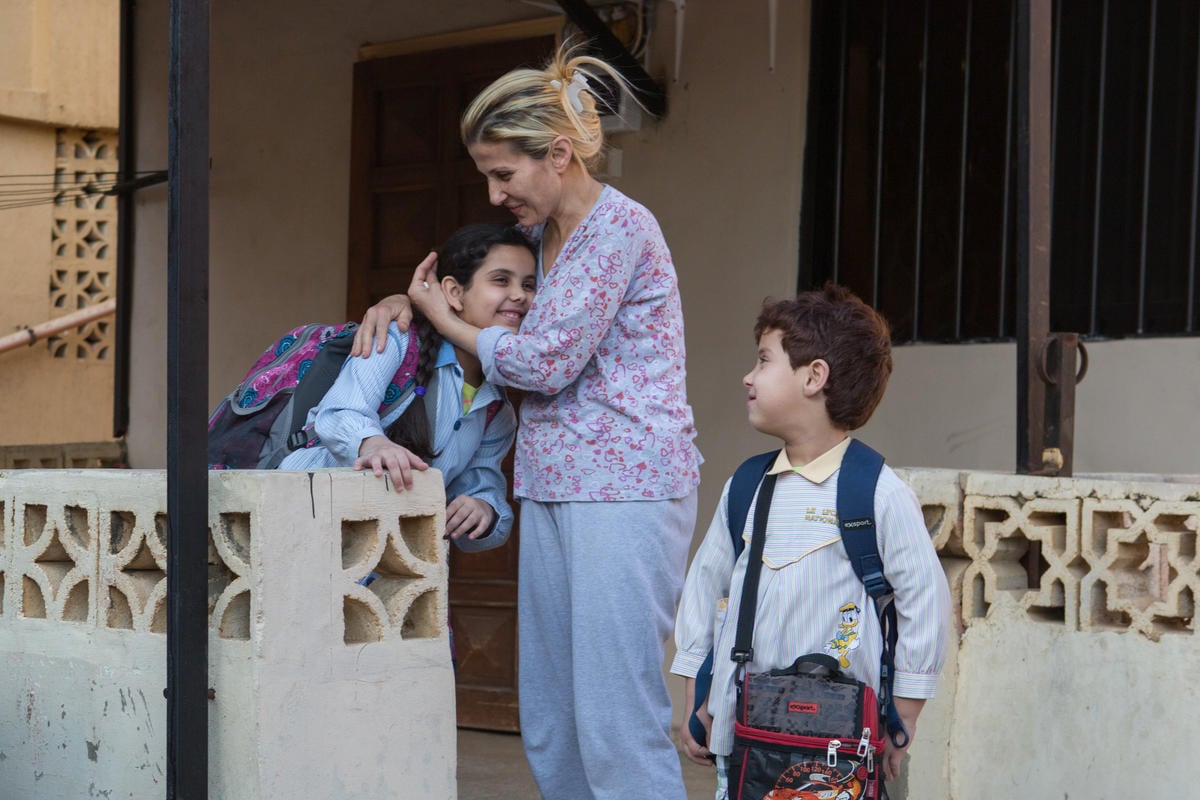UNHCR concerned about provisions in Slovenia's new asylum law
UNHCR concerned about provisions in Slovenia's new asylum law

BUDAPEST, Hungary, January 7 (UNHCR) - The UN refugee agency on Monday expressed concern about provisions in Slovenia's new asylum law and added that many of its recommendations to improve the draft were ignored.
UNHCR submitted detailed comments and suggestions during the drafting and legislative review process of the Law on International Protection, which came into force last Friday. "Regrettably, most were not accepted," the agency said in Monday's press release.
"We now have a new law that in transposing European Union (EU) asylum directives is actually reducing legal standards below international levels and restricting the prospects of asylum seekers to find protection in Slovenia," said Lloyd Dakin, UNHCR's regional representative responsible for Slovenia.
UNHCR has previously warned that the EU directives had already set minimum norms - some of them below international norms - and it feared this could lead EU member states to lower their own national legal standards. "This is exactly what has happened in Slovenia, just as it assumes the EU presidency," said the Budapest-based Dakin.
Slovenia, which took up the rotating six-month EU presidency on January 1, has some of the lowest refugee recognition rates in Europe. Only one asylum seeker was recognized as a refugee in 2006, and two last year.
"Among the most worrying provisions of the new law is the increased substitution of accelerated procedures for full-scale asylum procedures. UNHCR believes accelerated procedures should only be applied in exceptional, specifically defined cases," Monday's press release said.
At some critical stages in the new asylum process, appeals do not have a suspensive effect. This means that even before their case has been properly evaluated, asylum seekers could find themselves returned to another country where their life or freedom may be threatened.
In addition, the law foresees the widespread use of detention for asylum seekers, with no exemption for persons with special needs such as families with children, UNHCR said.
Dakin noted that while UNHCR was generally disappointed with the new law, it also had some positive aspects. For example, he said, it introduced the possibility of resettlement of refugees to Slovenia from camps in other countries, something UNHCR is encouraging in EU member states.
The regional representative said UNHCR would continue its close cooperation with the government and other interested stakeholders to ensure that everyone who deserved international protection in Slovenia received it.
By Melita H. Sunjic in Budapest, Hungary








